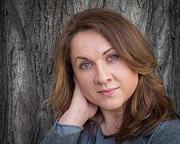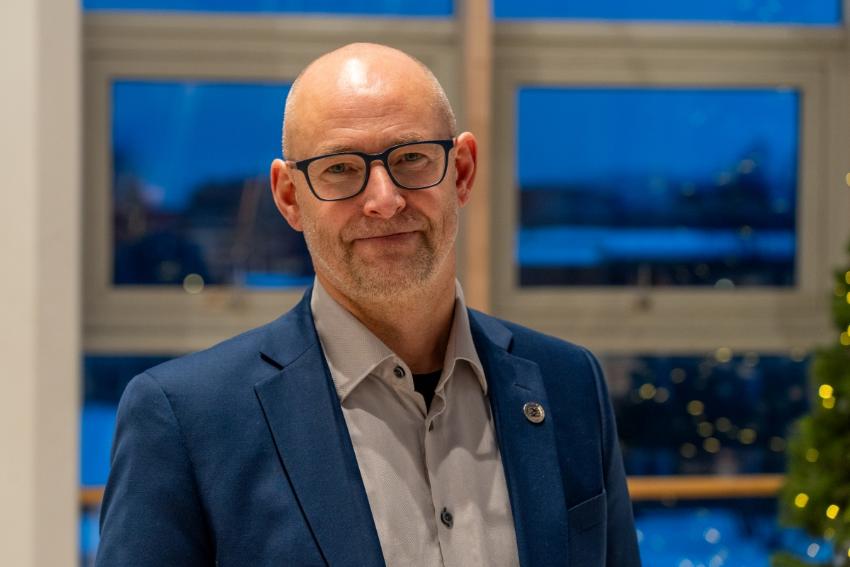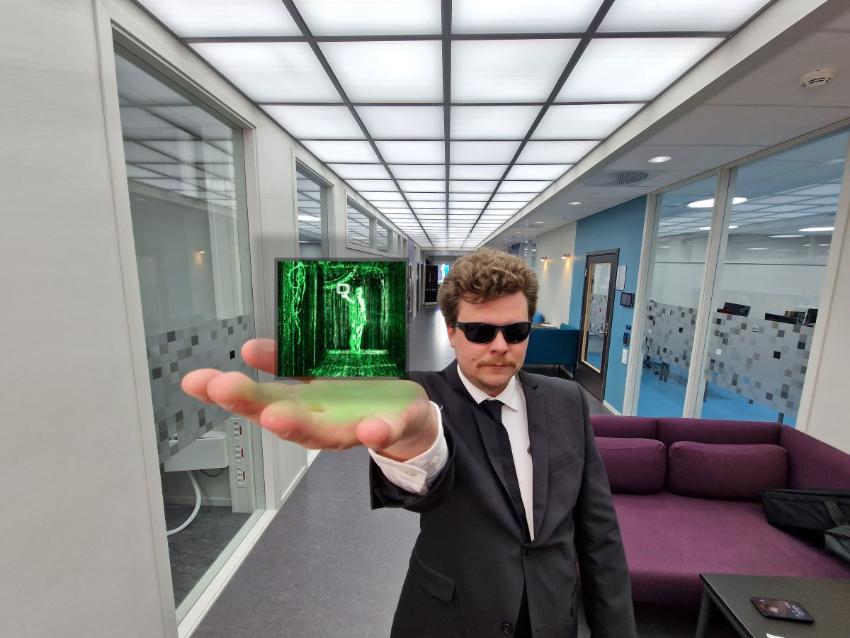Keynote Speaker Features: Elżbieta Korolczuk, PhD
In anticipation for the Kjønnsforskning Nå! conference November the 13th-15th at Uit - The Arctic University of Norway we have asked our keynote speakers to introduce themselves and give us a preview of what they will be presenting at the conference. For this Keynote Speaker Feature we will be highlighting Professor Elżbieta Korolczuk.
Background information
 Elżbieta Korolczuk, PhD, is a sociologist, feminist activist and commentator working at Södertörn University in Stockholm and the American Studies Center, University of Warsaw. Her research interests encompase social movements and reproduction from a feminist perspective. She has published numerous texts on women’s movements and neoliberalism, new forms of citizenship, politicization of reproduction and anti-gender mobilization in Poland and abroad. Korolczuk’s more recent publications include two edited volumes: Civil Society Revisited: Lessons from Poland co-edited with Kerstin Jacobsson (Berghahn Books, 2017), and Rebellious Parents. Parental Movements in Central-Eastern Europe, and Russia co-edited with Katalin Fábián (Indiana University Press, 2017). She has also authored several articles including, "The War on Gender from a Transnational Perspective - Lessons for Feminist Strategising“ (2014) and "Gender as ‘Ebola from Brussels’: The Anti-colonial Frame and the Rise of Illiberal Populism" together with Agnieszka Graff (2018).
Elżbieta Korolczuk, PhD, is a sociologist, feminist activist and commentator working at Södertörn University in Stockholm and the American Studies Center, University of Warsaw. Her research interests encompase social movements and reproduction from a feminist perspective. She has published numerous texts on women’s movements and neoliberalism, new forms of citizenship, politicization of reproduction and anti-gender mobilization in Poland and abroad. Korolczuk’s more recent publications include two edited volumes: Civil Society Revisited: Lessons from Poland co-edited with Kerstin Jacobsson (Berghahn Books, 2017), and Rebellious Parents. Parental Movements in Central-Eastern Europe, and Russia co-edited with Katalin Fábián (Indiana University Press, 2017). She has also authored several articles including, "The War on Gender from a Transnational Perspective - Lessons for Feminist Strategising“ (2014) and "Gender as ‘Ebola from Brussels’: The Anti-colonial Frame and the Rise of Illiberal Populism" together with Agnieszka Graff (2018).
Interview with Dr. Elżbieta Korolczuk
-
What is your current position at your institution and what projects are you involved in at the moment?
I am a researcher at SH and I am involved in two research projects. One program is the “Civil Society Elites: Comparing Elite Composition, Reproduction, Integration and Contestation in European Civil Societies” financed by the Riksbanken Jubileumsfond, which links civil society research with elite theories in the context of the current debates about the legitimacy of civil society actors and populist mobilization against liberal democracy. My team and I focus specifically on civil elite’s challengers’ struggles around gender, minority rights and migration. Thus we study ultraconservative and feminist movements in Great Britain, Italy, Poland, Sweden and at the EU level.
-
What are your research areas of interest and how do they pertain to theme of the conference?
My research interests are rather broad and they involve gender, social movements and civil society. I have published on issues such as the women’s movement and its relation to neoliberalism, new forms of citizenship, social and biological citizenship, politicization of reproduction and anti-gender mobilization in Poland and abroad. All those themes are very much connected with the central question of the conference which is how and for what purpose should we do gender studies.
-
What are you planning to talk about at the conference/ what will your presentation entail?
In my talk I will examine the consequences of the rise of ultraconservative, often religious movements and the right-wing electoral victories in many European countries, for inserting feminist agenda in academia, institutional settings and public debates. Whereas in Norway, and more broadly in the Scandinavian context, today these consequences may seem inconclusive or minor, I believe we should understand that what we deal with are the struggle around politics of expertise and the shape of knowledge-policy relation. So it’s not just about “gender” but also about what are the legitimate sources of scientific authorization, who can become and an expert, and how the relations between academia, politics, the media and public will look like in the next decade.
-
What are your goals for the conference (personal and/or professional)?
I hope to learn more about the Norwegian context and open up the discussion on the closer cooperation between gender scholars across borders and continents. And I do hope to see the Northern lights.
The interview was conducted by Kaja Nan Gjelde-Bennett.


